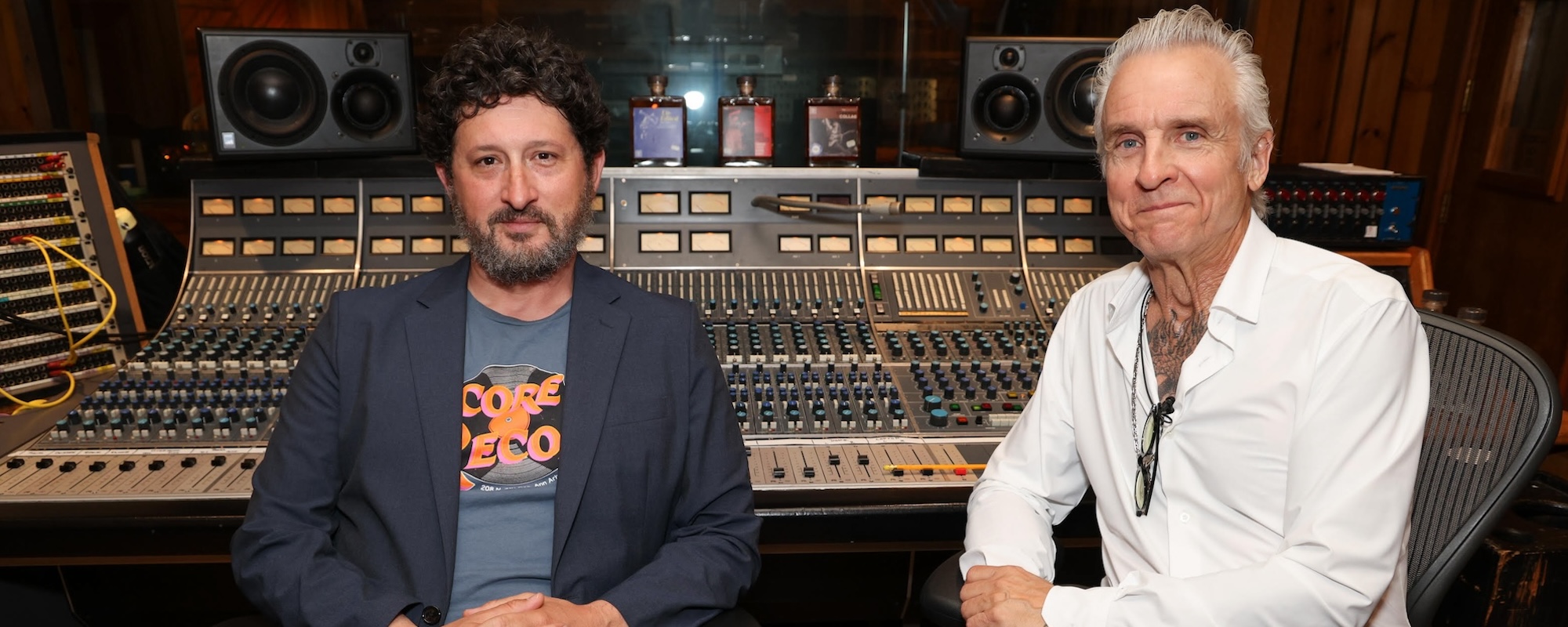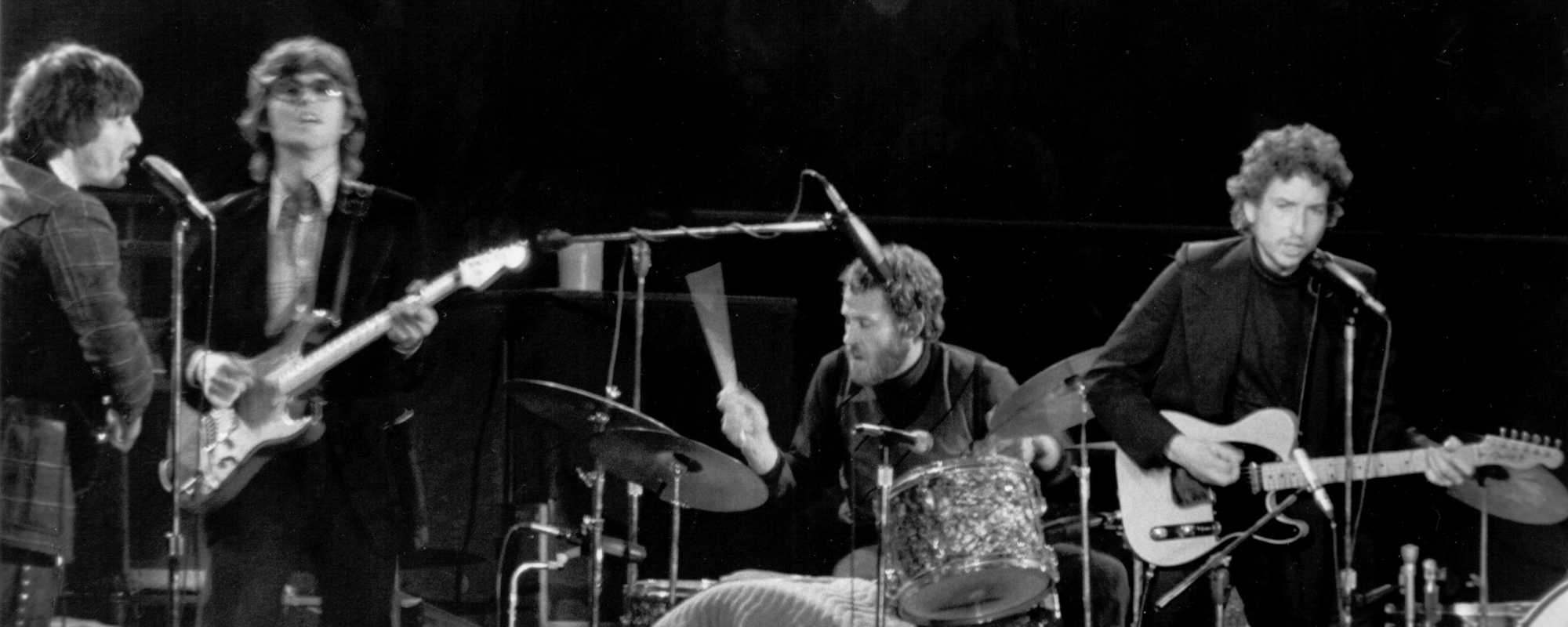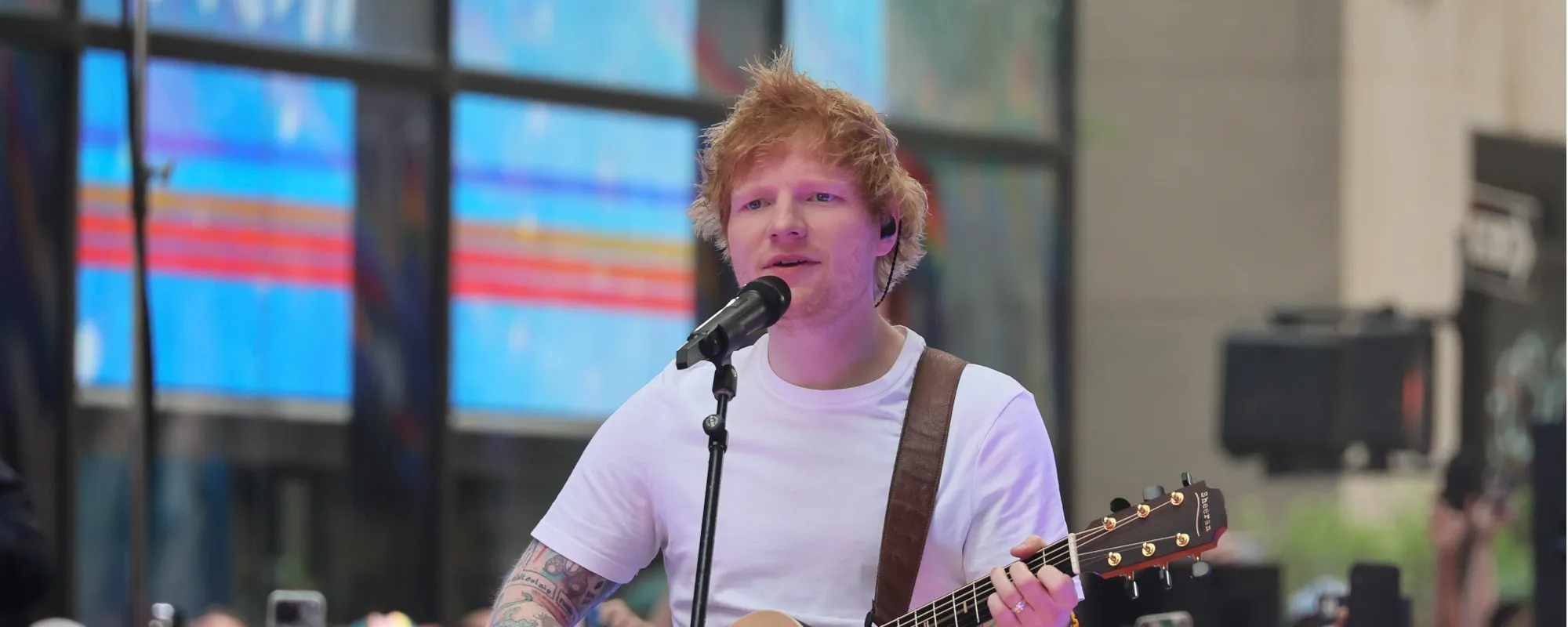In 1992, while visiting Lhamo La-tso and Lhasa in Tibet, China with Buddhist author Robert Thurman, Laurie Anderson became seriously ill from altitude sickness. Anderson recalls being brought down the mountain and given a ceremony with bells ringing, and how the “intense,” and near-death experience, turned into a moment of beauty and acceptance. “It was a very ecstatic experience for me,” says Anderson. “I was dying basically. But if you’re gonna die, which we all are, is there no better place than Tibet?”
Anderson’s connection to Tibet, Buddhism, and the practice of meditation started 15 years earlier when she went on a retreat with the Insight Meditation Society in Massachusetts in 1977. Years before her life-or-death journey to Tibet, Anderson also became involved in the Tibet House US, founded at the request of the Dalai Lama following his first visit to the United States in 1979, and later founded by Thurman, actor Richard Gere, and pianist and composer Philip Glass in 1987, in a move to help preserve and sustain Tibetan culture through education, the arts, exhibition, and other channels.
In the wake of the 1950 annexation of Tibet by China, came the loss of Tibetan independence, including freedom of religion, and the exile of the Dalai Lama, along with other human rights issues and conflicts, something the Tibet House US has strived to keep the focus and awareness on for nearly four decades.
This year, Anderson returns with fellow artistic director Glass for the 38th annual Tibet House US Benefit Concert and dinner at the Stern Auditorium, Perelman Stage at Carnegie Hall on March 3.
The evening will help raise funding for Tibet and its people the way it always has, through music, and a cast of special guests, for a one-night-only collaboration and celebration of Tibetan culture. Annually, the concert has become a major source of funding for schools, hospitals, and additional needs in Tibet.
Videos by American Songwriter

“Carnegie Hall is just a wonderful rallying point for a lot of different musicians,” says Anderson. “Even though it’s a very classical venue, it offers a relief to be with real people in a real place as opposed to some screen-based thing.”
Along with its Honorary Chairs for the event, including Uma Thurman, Maggie Gyllenhaal, Peter Sarsgaard, Arden Wohl, and Jonah Freeman, the 2025 installation will also welcome performers Jackson Browne, Patti Smith, Tibetan artist and composer Tenzin Choegyal, Michael Stipe, Arooj Aftab, Allison Russell, Angélique Kidjo, Ebon Moss-Bachrach, Tune-Yards, Orville Peck, Gogol Bordello, and The Scorchio Quartet, along with Anderson and the Philip Glass Ensemble.
Each year, as more artists come forward to support the Tibet House concert, Anderson says it comes down to one thing: joy. It’s something she says may sound “corny” but is illuminated in the Tibetan culture.
“The Tibetans have this kind of crazy, wonderful, ecstatic presentation of what’s going on, and the idea of freedom is a big part of this—spiritually and politically,” she says. “The response of American artists and writers when the Chinese took over was pretty overwhelming, so it’s infectious in that way. It’s just an instinct that freedom is a huge value for musicians—and freedom of expression, and being in a communal place.”
Music also has the capacity to draw people together, she says. “It invades your body quickly,” says Anderson. “If you see people standing in front of a painting, you rarely—even if it’s a painting that moves them incredibly—see them cry. But listen to your favorite song or songs, and people cry all the time. It just comes into your body in a different way and makes you move, makes you cry, and makes you laugh. It’s a very physical art form.”
Anderson says she felt the same musical unity Tibet House has fused throughout the years during the recent SNL50: The Homecoming Concert at Radio City Music Hall, celebrating the 50th anniversary of Saturday Night Live. “It was lots of different kinds of music, and people who are able, just for a moment, to feel the presence, the joy of celebrating something that’s been around for a long time. And it wasn’t about pushing an agenda. It was just about being with other people.”
During her tenure with Tibet House US, Anderson’s late husband Lou Reed also participated in the annual concerts in 2003, 2005, and 2012. Past performers and guests have included David Bowie, Carly Simon, Emmylou Harris, Joan Baez, Annie Lennox, Cyndi Lauper, Iggy Pop, R.E.M., the Flaming Lips, Eddie Vedder, Alabama Shakes, boygenius, Stephen Colbert, Sharon Jones, The Roots, Trey Anastasio, Jim James, Vampire Weekend, Sigur Rós, Jon Batiste, Nathaniel Rateliff, Keanu Reeves, Brittany Howard, and Cage The Elephant, among many others.
This year also marks two more milestones around Tibet House, including the 90th birthday of the Dalai Lama on July 6 and Glass, who turned 88 earlier this year.
“I think it should be celebrated,” says Anderson of Glass’ commitment to the Tibet House since its inception. “He really has an incredible amount of, I would call it wisdom. When he was 32 I could see that. It’s just sharper now, and It’s wonderful to have that in the world as another resource to look at things because he has seen a lot.”
As a student of Buddhism for nearly 50 years, Anderson says there are things within the religion and practice she wished resonated more today. “Many of the things that Buddhism represents—empathy, interdependence, care for others—is pretty much the polar opposite of what’s being sent out now,” Anderson says. “But I think it’s a message people are interested in hearing because there’s a lot of aggression and cruelty. I’m very worried for young people, who are going ‘Well, it’s the way it is,’ the corporate world kill or be killed thing. It seems like the power to help other people is almost quaint.”

Meditation has been a powerful remedy for Anderson in gaining peace of mind and coping with some of the uncertainties and distractions in the world. “For me, meditation and music are almost interchangeable,” says Anderson, who practices several times per day. “In many ways, it’s just a different way to experience the world in which time stops in a way that it normally doesn’t. You just remind yourself ‘I’m here, and this is what all there is right now,’ and that’s always exciting to me. You stop planning, you stop regretting, and your mind gets still for a second.”
She adds, “Being an artist and being a meditator is the same exact thing because they only require one thing, and that’s to be aware. That’s it. That’s all you have to do.”
Days earlier, Anderson returned from a trip to India, which included a visit to Nepal and a celebration in Bodh Gaya in Bihar, where the Buddhist founder Gautama Buddha is said to have become enlightened, under a Bodhi tree, in the late 6th century.
“I decided to go to Nepal and a few other places in India, because it’s so radically different,” shares Anderson. “People live for different reasons there, and it’s wonderful to see. If you need a little antidote from our own culture, which I know I do, then that’s one of the ways you can have another look at what life is really about.”
Look through the gallery of artists from past Tibet House US Benefit Concerts (Photos: Courtesy of Tibet House US):
Main Photo: Noam Galai/Getty Images for Tibet House US

















Leave a Reply
Only members can comment. Become a member. Already a member? Log in.